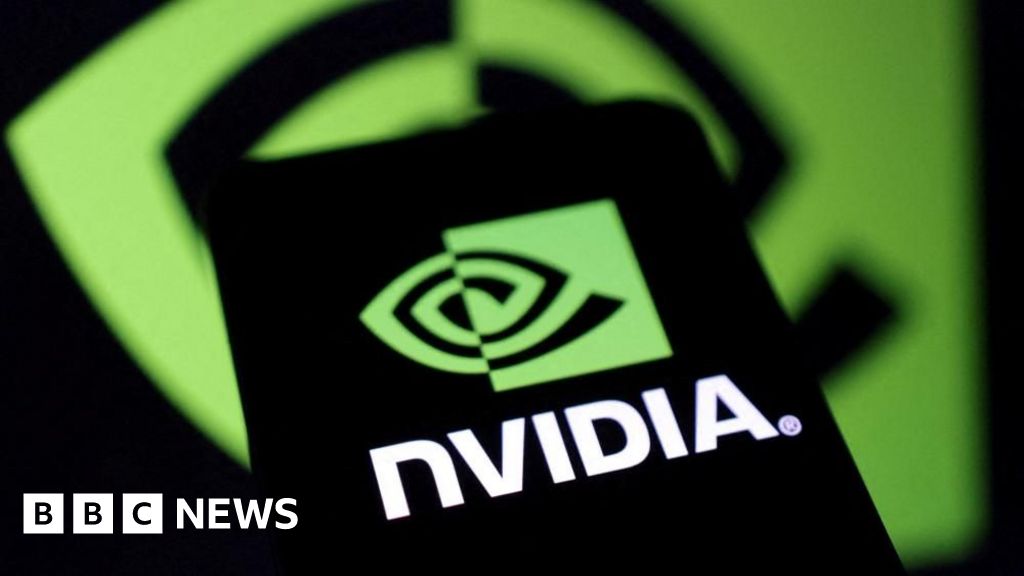Stock Market Rallies on Blocked Trump Tariffs and Strong Nvidia Earnings
US stocks experienced a significant surge on Thursday, driven by a combination of positive developments in trade policy and strong corporate earnings from the tech sector. Investors reacted favorably to a court decision blocking certain tariffs imposed by the Trump administration and an impressive earnings report from chipmaker Nvidia, leading to broad gains across major indexes.
A key catalyst for the market rally was a ruling from the US Court of International Trade late Wednesday, which found that President Donald Trump did not have the authority to impose sweeping tariffs on many of the US's trading partners under emergency powers. The court declared these specific tariffs illegal, halting 6.7 percentage points of duties, and gave the Trump administration 10 days to comply with its order. However, the ruling can be appealed in federal court.
While the court's decision provided immediate relief and was seen as a potential easing of trade tensions that have weighed on markets, analysts suggest this might be a temporary hurdle for the administration. Economists at Goldman Sachs noted that the White House could still impose tariffs using other mechanisms, such as Section 232 levies on steel, aluminum, and autos, which could potentially add about 7.6 percentage points of tariffs, offsetting the blocked duties. Kush Desai, a White House spokesperson, told Business Insider the administration is committed to "using every lever of executive power to address this crisis and restore American Greatness," indicating that trade policy uncertainty could persist.
Simultaneously, the tech sector received a significant boost from Nvidia's first-quarter earnings. The chipmaker reported revenues of $44.06 billion, beating analyst estimates. Despite this, the company missed on adjusted earnings per share, attributed to the impact of US export restrictions on its business in China. Following the report, Nvidia's shares rose approximately 6% to trade at $143.31.
Nvidia's CEO, Jensen Huang, addressed the impact of these restrictions, warning that the company expects to lose about $8 billion in sales in the next quarter due to the ban on selling its advanced H20 chips to China. During the earnings call, Huang criticized the US government's chip curbs, arguing that such restrictions inadvertently push Chinese rivals to innovate faster, potentially harming America's global leadership in AI. "China’s AI moves on with or without US chips," Huang stated, adding, "The question is whether one of the world’s largest AI markets will run on American platforms."
The positive sentiment from Nvidia's performance extended to other chipmakers, with Advanced Micro Devices (AMD) shares up 2% and Taiwan Semiconductor Manufacturing Company (TSMC) up 1%. Nvidia's earnings reignited hopes among investors that major tech companies can demonstrate resilience despite pressures from trade conflicts and regulatory hurdles.
The combined effect of these developments led to strong market performance. Shortly after the opening bell on Thursday, the S&P 500 was up 0.7% at 5,927.65, the Dow Jones Industrial Average rose 0.13% (or 55.67 points) to 42,154.37, and the Nasdaq Composite climbed 1.13% to 19,316.61. US stock futures also jumped sharply, with Dow Jones Industrial Average futures rising 1.2%, S&P 500 futures gaining 1.5%, and Nasdaq 100 futures leading with an 1.8% climb.
Despite the day's optimism, analysts cautioned that market uncertainty remains. Ahmad Assiri, a research strategist at Pepperstone, noted that "the uncertainty premium remains very much alive," pointing to anxieties over the growing US budget deficit. David Morrison, a senior market analyst at Trade Nation, described markets as "extremely skittish at present and capable of big moves in both directions." Investors have also been observing President Trump's incremental scaling back of proposed tariffs, dubbed the "TACO trade," where many tariffs announced on April 2 were reduced to 10% for a 90-day period during trade negotiations, and tariffs on China were reduced to 30% on a separate 90-day timeline, with a 50% tariff on the EU pushed to July 9.
Looking ahead, market participants will be closely watching upcoming earnings reports from major retailers such as Best Buy and Costco. These retailers have been significantly impacted by the trade war, facing rising costs from tariffs. Additionally, fresh economic data, including weekly jobless claims and a revised report on US GDP growth for the first quarter of 2025, are due. The initial Q1 GDP report indicated a contraction, the first in three years, adding another layer of uncertainty for the markets.
In conclusion, Thursday's stock market rally was fueled by the dual positive news of a court-ordered block on certain Trump tariffs and Nvidia's robust earnings report, offering a temporary reprieve from ongoing trade concerns and highlighting tech sector strength. However, the potential for alternative tariff implementations, continued US-China tensions in the AI chip sector, and upcoming economic indicators mean that market volatility and investor caution are likely to persist.










